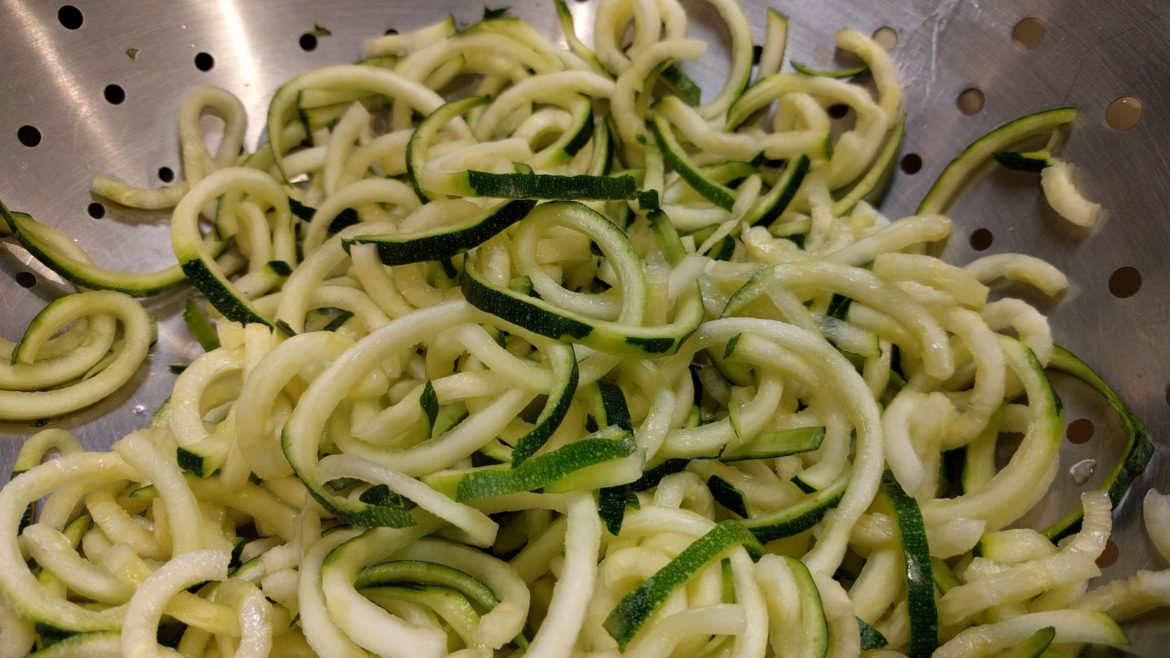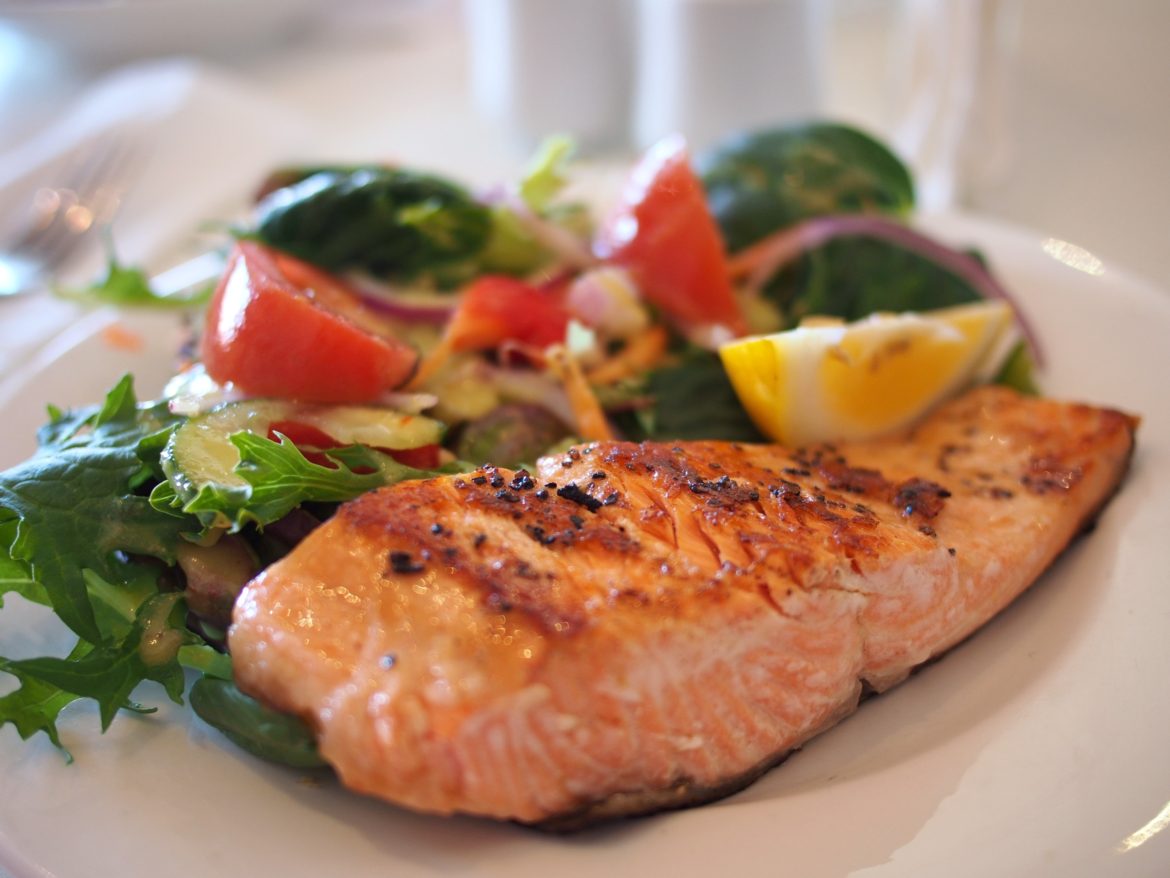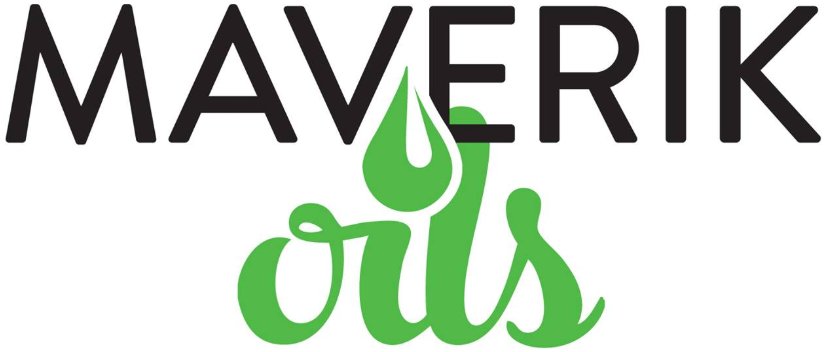6 Fad Diets That Actually Work
Human beings are restless creatures. Whether it is about professional accomplishments, beauty, relationships, and even our health, we want quick results for our efforts. Despite gaining the knowledge that good things take time, sometimes, we can’t help but feel discouraged when our efforts aren’t rewarded instantly.
This is especially true when it comes to losing weight and getting fitter. People want to see their efforts reflect on the scale as soon as possible. For this purpose, it is common for them to turn to fad diets.
What Are Fad Diets?
By definition, a fad diet means a dietary approach that promises rapid weight loss. It is a popular approach that almost everyone trying to lose weight has tried in some way or another. Generally, these fad diets come with a lot of restrictions and food rules. This makes sense, as it is almost impossible to lose those stubborn pounds by taking an easy approach.
Some of the fad diets that have gotten popular in the past decade include the cabbage soup diet, the military diet, the south beach diet, the raw food diet, the Zone diet, the macrobiotic diet, and the blood type diet.
Do Fad Diets Work?
With so many different types of fad diets out there, it is impossible to answer this question with a simple yes or no. Different diet approaches may work for different people. So even if one fad diet happens to work for one person, it will not guarantee that it will work for everyone.
The major problem with most fad diets is that there is little to no scientific evidence to back their claims. Even if certain fad diets do help you lose weight quickly, their side effects can be harmful to your health and body. In addition to that, most of these diets are heavily imbalanced when it comes to nutrition. This makes them unsuitable for long-term success.

That being said, there are certain fad diets that can help you rapidly lose weight that are also backed up by science.
1. 5:2 Diet
The 5:2 Diet is one of the most popular forms of intermittent fasting and has shown some promising results in the past few decades. It requires you to eat normally for 5 days a week and restrict your calorie intake to 500 and 600 calories for women and men, respectively, on two non-consecutive days. This leads to an overall calorie deficit over the week, causing you to lose up to one to two to four pounds a week.
The extremely low caloric intake on fast days has led people to classify it as a fad diet. However, there is growing evidence that supports the benefits of intermittent fasting for weight loss and overall health. Research suggests that the 5:2 diet does not cause excessive calorie intake on non-fast days, making it easier to sustain this diet in the long run.
It is important to note that the diet does not show greater weight loss than traditional calorie restriction diets. Both the approaches result in similar weight loss and reduction of belly fat. However, it has been observed that the 5:2 diet is superior when it comes to muscle retention. It does not prevent muscle loss completely but preserves it significantly better than daily calorie restriction. And since you are only required to watch your food 2 non-consecutive days a week, it is easier to sustain that daily calorie restriction as well. Once you get used to the diet, you’ll notice that you don’t feel hungry on your fast days either.

2. Paleo Diet
The premise of the Paleo Diet is based on mimicking the eating habits and patterns of our hunter and gatherer ancestors. Putting it simply, it emphasizes whole foods that come directly from nature, mainly fruits, vegetables, and meats. The restrictive nature of Paleo has earned it the label of a fad diet.
A strict Paleo Diet requires you to eliminate dairy, grains, wheat, and legumes since these foods are considered to be later additions to the human diet. This diet has its fair share of critics. Some point out that permanently removing such major food groups from one’s diet can be challenging to sustain in the long run. In comparison, others argue that it is impossible to make out the exact diet of our ancestors and claim that there is no doubt that their diets had more variation.
However, as far as fad diets are concerned, paleo is definitely one of the healthier ones out there. It is a balanced diet, which provides you with almost all macronutrients and micronutrients, and can help you lose weight and maintain an overall healthy lifestyle. It also encourages people to consume plenty of fruits and vegetables, and cut our processed foods, and added sugar.

3. Keto Diet
Arguably the most popular fad diet of the past decade has been the Keto Diet. You first heard about it from a random guest at a second cousin’s wedding when they talked about how eliminating carbs and increasing their fat intake helped them fit into that dress again. You were still processing the information about ‘how can fat help you lose weight?’ when suddenly, everyone had jumped on the bandwagon. However, the big question still remains: does it actually help you lose weight?
From the looks of it, the Keto Diet is the epitome of a fad diet. It requires you to limit your carb intake to 25-50 grams per day while getting about 65-70% of your calories from healthy fats. The rest of your calories can be consumed through a moderate amount of proteins. This combination of maintaining a low-carb, high-fat ratio allows the body to enter a start of ketosis. The removal of carbs forces the body to breakdown fat into ketones, which are then used as the primary source of energy. This increases your body’s efficiency at burning fat, which ultimately results in fast weight loss.
The ketogenic diet has been observed to be an effective approach for losing weight. In fact, one large meta-analysis of 13 studies found that it was more effective at reducing weight as compared to low-fat diets. It has also been shown to reduce the risk of certain diseases, including diabetes and Alzheimer’s disease. However, it is not suitable for the long term. You may opt for this diet if you want to reach your weight goals fast. But once you hit your goals, it is important to slowly transition back into a diet that contains moderate amounts of all three macronutrients. It is also important to remember it is almost impossible to maintain this diet for the long run, as one single cheat meal can throw your body out of ketosis.

4. The Atkins Diet
A relatively better approach to Keto is arguably the Atkins Diet. Created by cardiologist Robert Atkins in the early 1970s, the Atkins Diet is the most famous low-carb weight loss diet in the world at the moment. It consists of four stages and claims to cause rapid weight loss without making you feel hungry.
The first 2-week period, also known as the induction period, requires you to restrict your carb intake to 20 grams per day while allowing unlimited portions of proteins and fats. Like keto, your body begins converting fat into ketones during this phase and uses it as the main energy source. Once this phase is over, you are allowed to gradually increase your carb intake (about 5 grams per week) in order to determine your “critical carbohydrates levels”. This is defined as the amount of carbohydrates your body can handle without gaining weight.
This works better than keto because it doesn’t require you to permanently give up carbohydrates. Instead, it encourages you to find the sweet spot that helps you maintain your weight. Therefore, it is easier to follow in the long run.

5. The Mediterranean Diet
It may not be accurate to call the Mediterranean diet a fad diet, but the quick weight loss it provides qualifies it for this list. It is inspired by the dietary habits of the people residing in the Mediterranean countries during the 1960s and earlier. It is currently one of the most popular and healthy diets that scientists and nutritionists have studied.
The Mediterranean Diet encourages you to consume plenty of healthy food such as fruits, vegetables, fish, poultry, whole grains, legumes, seeds, nuts, and healthy fats such as olive oil and avocados. It also allows moderate consumption of dairy products, eggs, lean meat, and red wine. Since most of the food that is allowed on this diet is filling and nutrient-dense, it does not require you to watch your calories. However, it is important to be mindful that you don’t overeat.
Numerous studies have shown that this diet’s food combinations can protect against obesity, heart disease, heart attacks, stroke, type 2 diabetes, high blood pressure, cholesterol, and premature aging and death. Since it is rich in foods containing omega-3 fatty acids, it also helps reduce inflammation and diseases linked to it. Overall, the Mediterranean diet is one of the healthiest dietary choices you can make. And if your eating habits have been relatively unhealthy so far, switching to this lifestyle is sure to cause some rapid weight loss initially and can also help you keep the pounds off.

6. Dukan Diet
Another diet that was born in the 1970s, the Dukan Diet was developed by French doctor Pierre Dukan. It consists of four stages; two weigh losses phases and two maintenance phases. The duration of these phases generally depends on your weight loss goals. It begins with the Attack Phases, which requires you to depend completely on lean-protein foods. It is believed that the extremely high intake of protein boosts the metabolism and significantly decreases appetite, leading to rapid weight loss. This initial phase that is heavily restrictive is what labels it as a fad diet.
During the Stabilization, no foods are strictly off-limits. However, high-protein foods and vegetables should still make up most of the diet. The final phase requires you to follow the Attack Phase meal plan at least once a week. Although there isn’t sufficient research to back the Dukan Diet specifically, similar high-protein diets have shown to be effective for weight loss.
Similar to Keto, this diet does result in rapid weight loss. However, it is too restrictive for long-term success. So if you are more likely to sustain a protein diet than fat, this may be a better option for you than Keto. But once you reach your weight loss goals, it is better to gradually return to a more moderate balance of macronutrients than to follow this diet permanently.
Conclusion
Fad diets will always remain popular, as people will never stop looking for ways that promise quick weight loss without much effort. However, it is important to study any diet you want to begin to understand if it is healthy enough to follow, even for short periods. Additionally, it is always good to consult your doctor or physician before making any drastic lifestyle or dietary changes.
However, if you don’t have any major health concerns aside from your weight, following these fad diets may help you lose some weight quickly. But it is important to learn when to stop when it comes to diets like Keto and Dukan. Whereas, The Mediterranean Diet and 5:2 are safe for the long-term. Whichever diet you choose to opt for, make sure that you research it properly beforehand.


